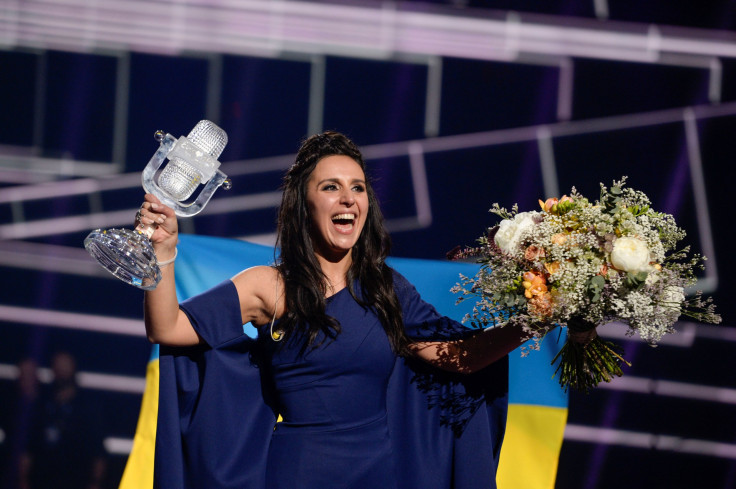2017 Eurovision Song Contest update: Proposed venue for opening ceremony generates outcry

From one controversy to another, the Eurovision Song Contest seems to be wrought with an unlimited supply of dispute from its member countries.
This time, the issue stems from the choice of venue for the 2017 opening ceremony. Since Ukraine’s representative Jamala emerged victorious in the 2016 Eurovision Song Contest with her entry, “1944,” the country won the right to host this year’s competition. The Crimean Tatar singer Susana Jamaladinova, known as Jamala, took the top spot after garnering 534 points from the juries and the public televoting. Australia’s Dami Im came in second with her entry “Sound of Silence,” while Russia’s Sergey Lazarev finished third with “You Are The Only One.”
Her triumph wasn’t free of contentions, especially from the Russians, who claimed that Jamala’s song breached Eurovision rules prohibiting “messages promoting any political cause, company, brand, products or services.” They even threatened to boycott this year’s competition. [READ: “2016 Eurovision Song Contest: Russians protest results; claim Ukraine singer broke rules”]
Now, both the Russians and Ukranians seem to be singing the same tune in so far as the 2017 Eurovision venue is concerned. Last week, Ukraine announced that they would be holding the opening ceremony in the Saint Sophia complex, a well-known religious landmark in the capital Kiev. The organisers reckoned it’s a safe choice, since the cathedral is not currently being used as a church, according to a report by Billboard.
However, Eurovision has received backlash since the news broke, mostly from church officials who felt offended. “This should not be done... it would be blasphemy," Vasily Anisimov, a spokesman for the Ukrainian Orthodox Church of Moscow Patriarchy, told the news agency RIA Novisti. “On that site, a huge burial ground is located.” Andrei Kurayev, a deacon in the Russian Orthodox Church, agreed that it was a “very bad decision,” according to Mosokovski Komsomolets.
People behind Eurovision appeared to stand their ground on the issue. “The St Sophia Cathedral Complex was chosen as a venue for the opening ceremony because it has all the requirements necessary for an event such as this in terms of its location, capacity and logistical needs," a spokesman for the Eurovision Song Contest told Billboard.




















